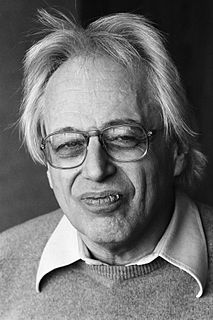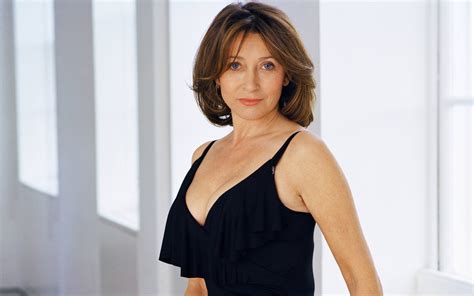A Quote by David Starkey
I think I give far more space and play to avant-garde writing than any other contemporary textbook author. I want students to be able to decide for themselves which aesthetics are closest to their own. Still, while I try not to be a nostalgist myself, I suppose I am drawn to those poignant moments in our lives, rendered clearly and artfully.
Related Quotes
More than one branch of the avant-garde, claiming to break with the bourgeois vision and mode of production, remains tied to it in spite of its denials and ex-communications. We are far from having overcome bourgeois thought or practices, despite the socialist "intermission" between the Russian revolution and the collapse of the Berlin wall. The avant-garde has lost its radical nature. On the other hand, "bourgeois theatre" is sometimes subtle enough to flirt with the avant-garde or to make "intelligent boulevard theatre.
I am what some would say 'holy, and wholly other than you.' The problem is that many folks try to grasp some sense of who I am by taking the best version of themselves, projecting that to the nth degree, factoring in all the goodness they can perceive, which often isn't much, and then call that God. And while it may seem like a noble effort, the truth is that it falls pitifully short of who I really am. I'm not merely the best version of you that you can think of. I am far more than that, above and beyond all that you can ask or think.
Yet still, there are those special secret moments in our lives, when we smile unexpectedly-when all our forces are resolved. A woman can often see these moments in us, better than a man, better than we ourselves, even. When we know these moments, when we smile, when we are not on guard at all-these are the moments when our most important forces show themselves; whatever it is you are doing at such a moment, hold on to it, repeat it-for that certain smile is the best knowledge that we ever have of what our hidden forces are, and where they lie, and how they can be loosed.
When I'm writing, especially when I'm writing in first person, I don't think about the characterization, or how they are going to express themselves, I just express my own approach to these things. I think most writers can never divorce themselves from their private lives and personas; they are the ones that are writing. And the more they remove themselves from their own persona, the more, perhaps, mechanical the work becomes.
I don't write because I think I have anything particularly interesting to say. I write because I love writing more than any other work I've done. I do think about entertaining the reader to the extent that I try always to write a book that I myself would want to read, but I don't think it's up for me to decide if what I've written is interesting to others. That is entirely up to others.






































